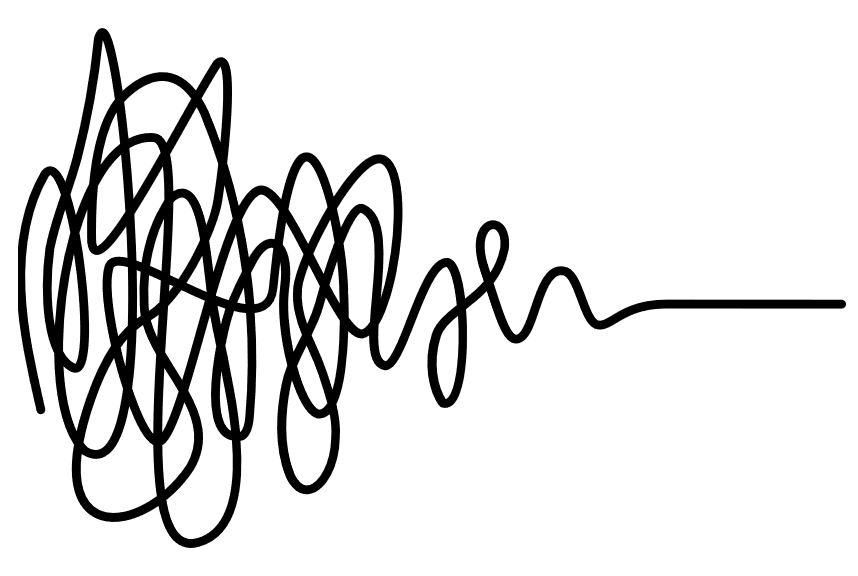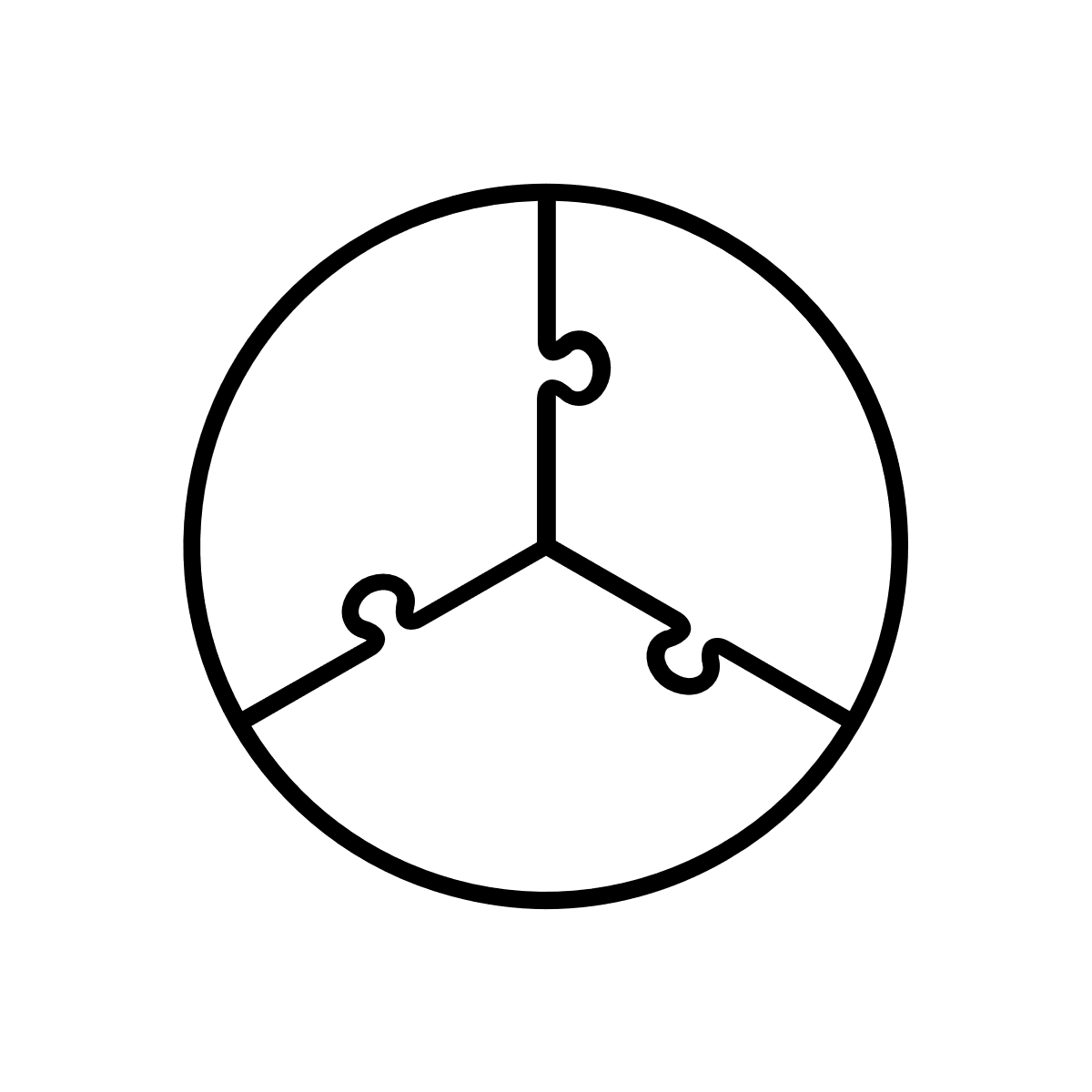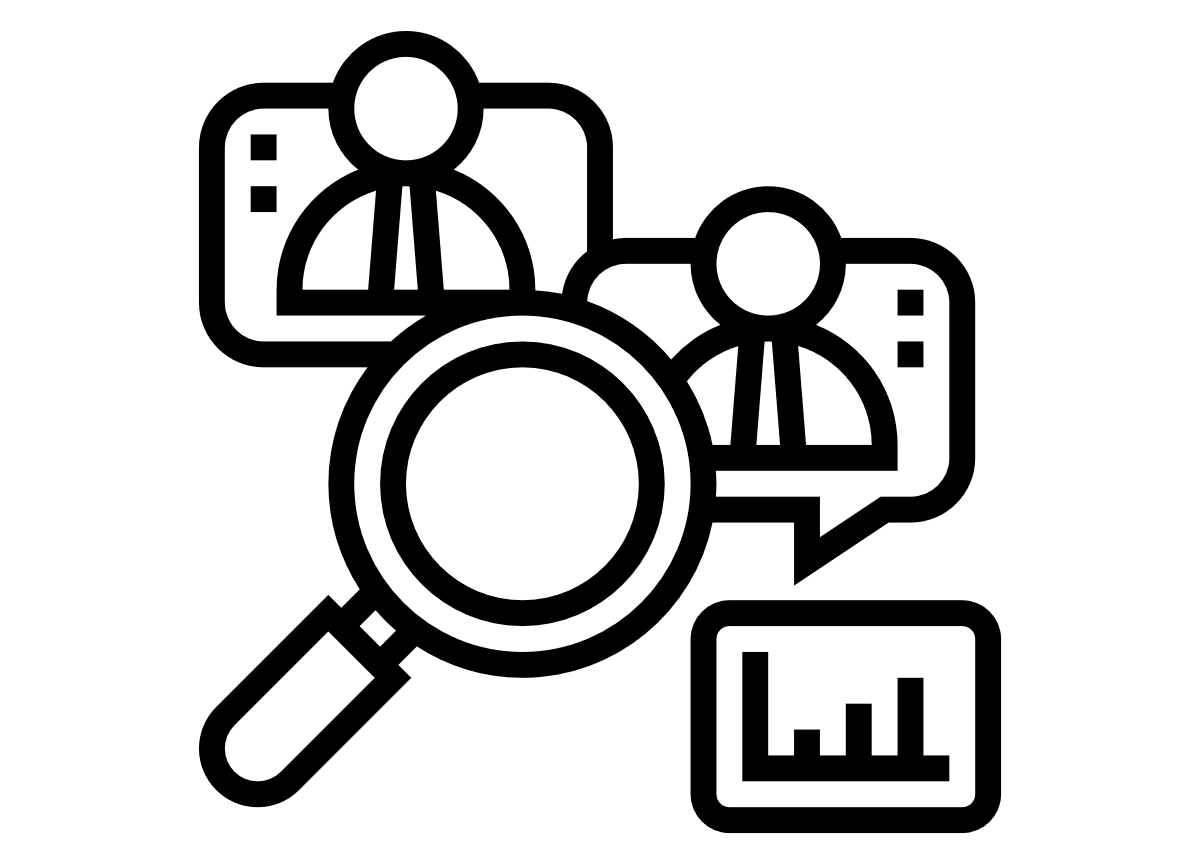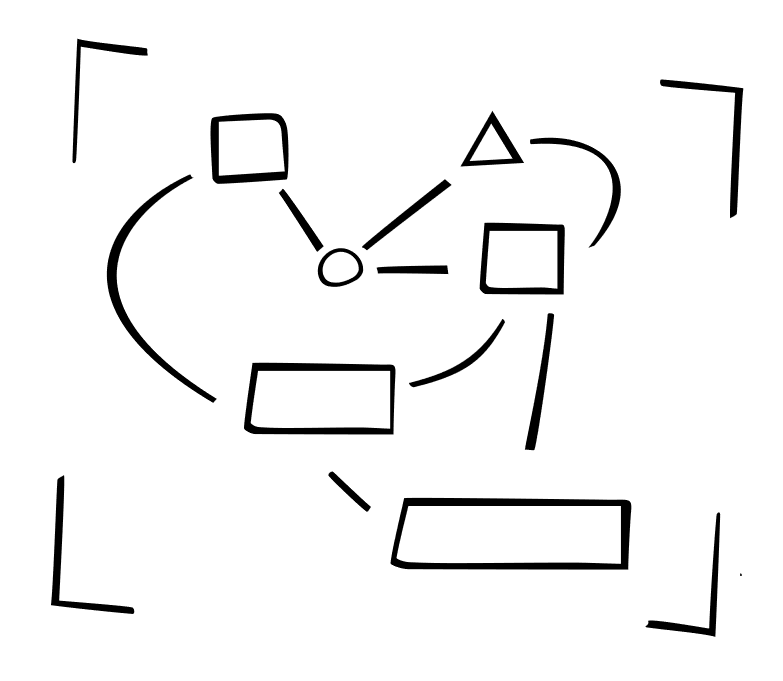
ME 457/557: Front-End Design (Previously ME 499/599)
This course examines processes of front-end of design, including opportunity discovery, problem definition, developing mechanisms to gather data from users and other stakeholders, translating user data into design requirements, creating innovative solutions during concept generation, representing design ideas, and evaluating possible solutions. The strategies taught in the course are based on successful methods experts use to achieve design success, and are supplemented by readings on practice and research demonstrating their success. The major focus of the course is learning how to discover and refine design problems and opportunities and solution ideas based on users, stakeholders, and contexts to increase the likelihood of design success and sustained adoption. Students explore and apply theories and approaches of engineering and engineering design, as well as understand how design approaches span multiple disciplines. Coursework focuses on applications of the front-end design strategies in various contexts.

ME 489: Sustainable Engineering and Design
This course offers students the ability to understand the economic, environmental and social aspects of sustainability as they pertain to engineering design, as well as the ability to speak professionally about environmental and sustainability issues. Students also leave the class with the ability to perform streamlined life cycle assessments, EcoAudits, carbon/ water/ energy footprints, economic assessments, and mass and energy balances.

EER 601: Foundations of Engineering Education Research
This course provides an overview of engineering education research (EER). Students learn to differentiate EER from classroom assessment and scholarship of teaching and learning, articulate a breadth of topics and populations studied in the EER field, explain important considerations in EER studies and what quality EER research includes, and describe methods and reasons that methods are chosen for particular research goals.

EER 602: Theoretical and Conceptual Frameworks in Engineering Education Research
This course examines prominent theoretical frameworks used across the diversity of engineering education research areas. Students identify uses of theoretical frameworks to areas of engineering education research, distinguish similarities and differences across frameworks, and critique the use of theoretical frameworks in engineering education publications.
